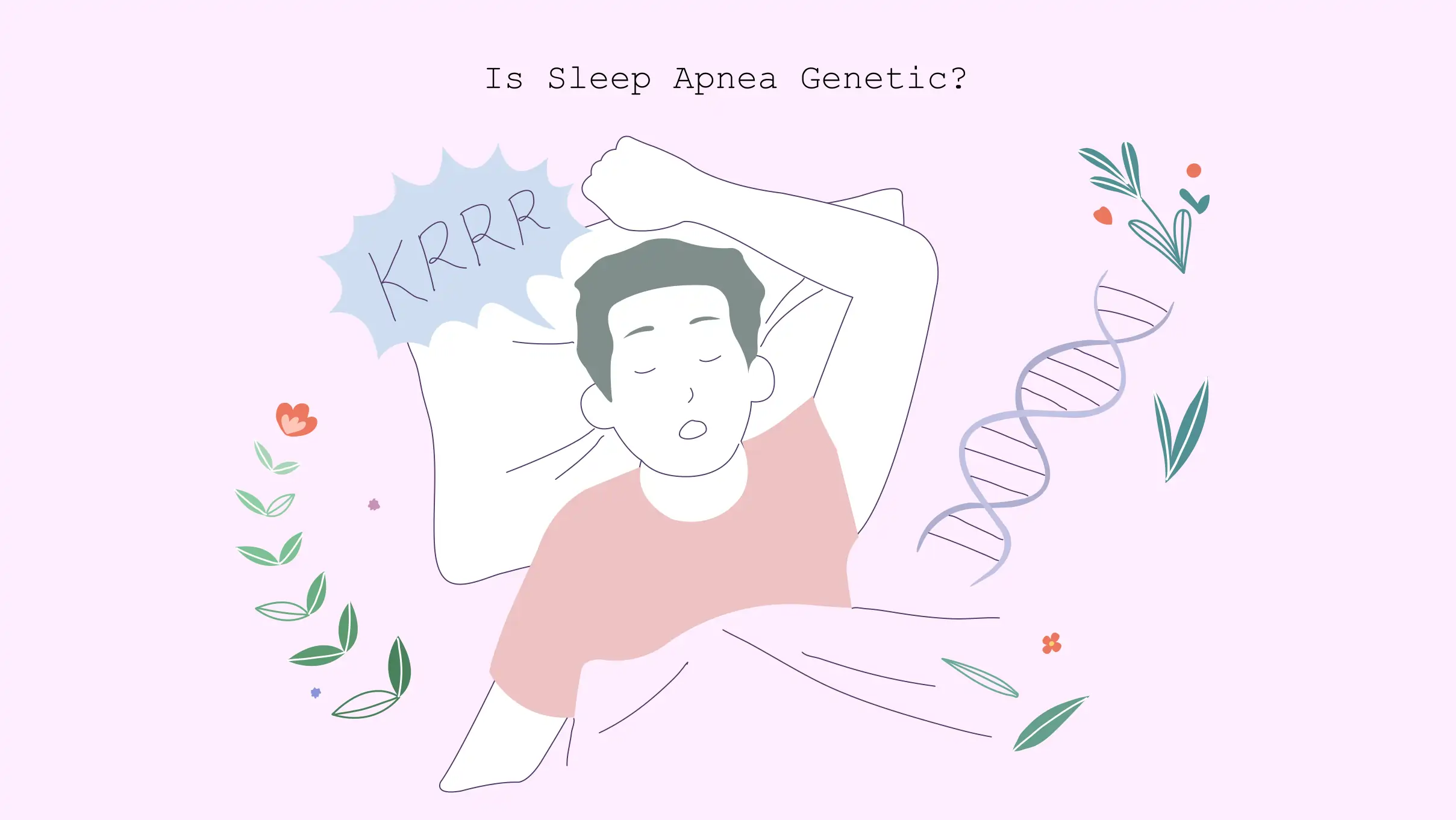Is Sleep Apnea Genetic?
Fact Checked
Up to date
Update: May 25, 2023
Share
Written by

Content Writer
Medical reviewed by

Pulmonary and Sleep Specialist

0
people like this article
Share
Written by

Content Writer
10 years of experience as a content writer
Previously worked as a copywriter for a health journal
Ability to write in a variety of formats, including articles, white papers, and clinical trial summaries
Medical reviewed by

Pulmonary and Sleep Specialist
Pulmonary Critical Care & Sleep Specialist, vast experience of 10+ years in diagnosing and treating various sleep disorders.







